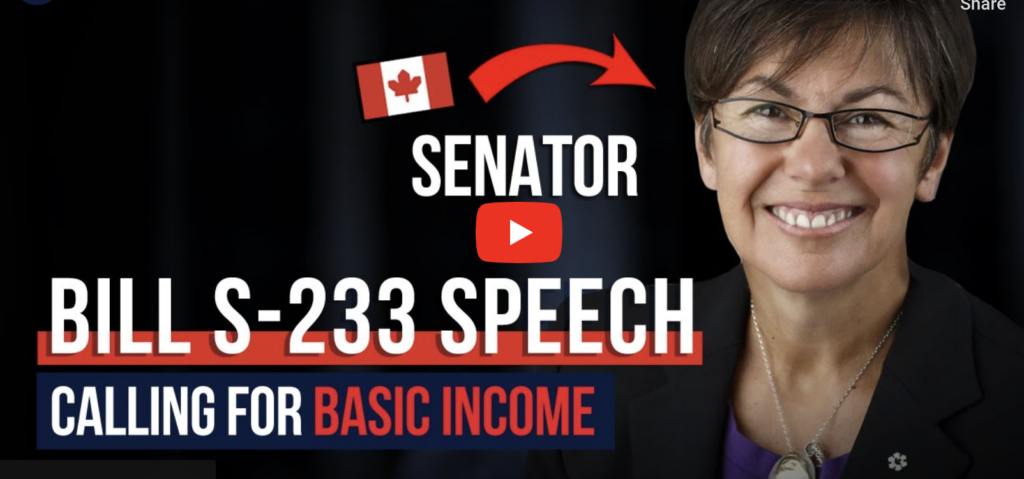EDITOR’S NOTE: I’m on an annual blogging vacation for the last two weeks of the year. To make sure you still have content, some of the smartest members of the community have stepped up with guest posts in my absence. Special thanks to today’s author, the always helpful and funny SideShowBob233, for writing this post while I’m on vacation. I’ll see you on January 1!

Check kiting is an old fraud practice that is no longer as useful as it once was because balances can be verified in real time by some services. So, yours truly was sure surprised a couple of years ago when I called my hub bank to find out why my bank account was locked, and they told me it was closed because of “ACH kiting”. I asked what that was and the nice, friendly lady who was shutting down my account explained that it was the practice (similar to check kiting) of moving money out before it has cleared for the purposes of fraud. As I had not done this, and none of my ACH transfers had actually failed or been recalled, I asked why they were accusing me of this. She gave me a non-answer along the lines of “we heard this from a different bank but will not disclose who” and it suddenly made sense (can you picture the light bulb going off above my head, causing my flaming red hair to catch fire, set off the sprinklers, and pissing off my whole family?)
I had been using my hub bank as – surprise! – a hub, meaning I was transferring funds from a target account (back in the days when Walmart had bill payment in their app) to my hub bank and then sending them on their merry way back to wherever they were needed. While this was a terrible idea (see my EWS commentary on why using personal accounts for ACH is terrible) when one of my banks was shut down, they apparently called my hub and told them I was ACH kiting. Strange considering none of my ACH transfers ever failed, but they clearly didn’t understand why I was doing it and decided it was fraudulent. I can see why they might have felt this way given my practice of pulling funds a day or two after they arrived. At the same time I’d run probably $2M through their account by that point, so you’d think if I was going to pull my scam I’d likely have done it already, but compliance folks have to make themselves look useful somehow I guess.

In the good old US of A, ACH is handled over network connections with cups and string (see below), and those strings sometimes break (ask PaymentUS about this). Now most countries that also provide free healthcare (some with death panels – looking at you Afghanistan – some without) have instant ACH, but you wouldn’t want your money right away when you can get it in three business days would you? So we will love our cups and strings and enjoy our 3 day fund clearing, but know that our bank infrastructure is the best in the world, if by best you mean worst.
Since those fateful and fun days of yore I’ve learned a lot and I let funds sit for 3 full business days before moving them on their journey, unless I’m using a bank account where they understand money won’t sit in their account forever and they tolerate this (you can rake taek this however you want). That and moving all your funds only between business accounts except when absolutely necessary are keys to avoiding my fate.
Not this fate (who’d want to avoid this anyway!):

But rather this fate:

– SideShowBob233





